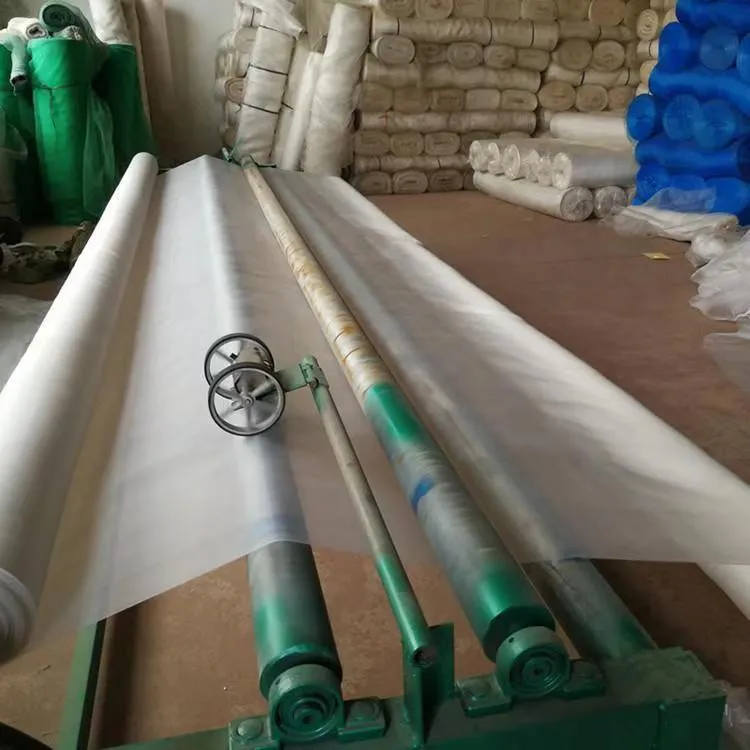-
 Afrikaans
Afrikaans -
 Albanian
Albanian -
 Amharic
Amharic -
 Arabic
Arabic -
 Armenian
Armenian -
 Azerbaijani
Azerbaijani -
 Basque
Basque -
 Belarusian
Belarusian -
 Bengali
Bengali -
 Bosnian
Bosnian -
 Bulgarian
Bulgarian -
 Catalan
Catalan -
 Cebuano
Cebuano -
 China
China -
 Corsican
Corsican -
 Croatian
Croatian -
 Czech
Czech -
 Danish
Danish -
 Dutch
Dutch -
 English
English -
 Esperanto
Esperanto -
 Estonian
Estonian -
 Finnish
Finnish -
 French
French -
 Frisian
Frisian -
 Galician
Galician -
 Georgian
Georgian -
 German
German -
 Greek
Greek -
 Gujarati
Gujarati -
 Haitian Creole
Haitian Creole -
 hausa
hausa -
 hawaiian
hawaiian -
 Hebrew
Hebrew -
 Hindi
Hindi -
 Miao
Miao -
 Hungarian
Hungarian -
 Icelandic
Icelandic -
 igbo
igbo -
 Indonesian
Indonesian -
 irish
irish -
 Italian
Italian -
 Japanese
Japanese -
 Javanese
Javanese -
 Kannada
Kannada -
 kazakh
kazakh -
 Khmer
Khmer -
 Rwandese
Rwandese -
 Korean
Korean -
 Kurdish
Kurdish -
 Kyrgyz
Kyrgyz -
 Lao
Lao -
 Latin
Latin -
 Latvian
Latvian -
 Lithuanian
Lithuanian -
 Luxembourgish
Luxembourgish -
 Macedonian
Macedonian -
 Malgashi
Malgashi -
 Malay
Malay -
 Malayalam
Malayalam -
 Maltese
Maltese -
 Maori
Maori -
 Marathi
Marathi -
 Mongolian
Mongolian -
 Myanmar
Myanmar -
 Nepali
Nepali -
 Norwegian
Norwegian -
 Norwegian
Norwegian -
 Occitan
Occitan -
 Pashto
Pashto -
 Persian
Persian -
 Polish
Polish -
 Portuguese
Portuguese -
 Punjabi
Punjabi -
 Romanian
Romanian -
 Russian
Russian -
 Samoan
Samoan -
 Scottish Gaelic
Scottish Gaelic -
 Serbian
Serbian -
 Sesotho
Sesotho -
 Shona
Shona -
 Sindhi
Sindhi -
 Sinhala
Sinhala -
 Slovak
Slovak -
 Slovenian
Slovenian -
 Somali
Somali -
 Spanish
Spanish -
 Sundanese
Sundanese -
 Swahili
Swahili -
 Swedish
Swedish -
 Tagalog
Tagalog -
 Tajik
Tajik -
 Tamil
Tamil -
 Tatar
Tatar -
 Telugu
Telugu -
 Thai
Thai -
 Turkish
Turkish -
 Turkmen
Turkmen -
 Ukrainian
Ukrainian -
 Urdu
Urdu -
 Uighur
Uighur -
 Uzbek
Uzbek -
 Vietnamese
Vietnamese -
 Welsh
Welsh -
 Bantu
Bantu -
 Yiddish
Yiddish -
 Yoruba
Yoruba -
 Zulu
Zulu
Choosing the Right Shade Net for Your Farm's Optimal Plant Growth
The Importance of Farm Shade Nets in Modern Agriculture
In recent years, the agricultural landscape has witnessed significant transformations, largely due to the adoption of innovative practices aimed at optimizing crop potential and sustainability. One of the most effective tools emerging in this arena is the farm shade net. These specialized nets are designed to provide essential protection to crops from harsh environmental conditions, and their benefits cannot be overstated.
Farm shade nets are typically made of high-density polyethylene or similar materials, which allow for varying levels of sunlight to penetrate while blocking harmful UV rays. This shading is crucial, particularly in regions with intense sunlight, as excessive exposure can lead to heat stress, sunburn on plants, and even reduced yield. By moderating sunlight levels, these nets help create a more balanced microclimate that encourages healthier plant growth.
Additionally, shade nets play a significant role in conserving water. With increasing concerns about water scarcity and the need for sustainable farming practices, these nets help reduce evaporation from the soil. By maintaining soil moisture levels, they enable farmers to optimize irrigation practices, ultimately leading to water savings and healthier crops. This not only supports crop vitality but also contributes to better resource management.
farm shade net

Moreover, farm shade nets provide protection against pests and birds, minimizing the reliance on chemical pesticides. With the nets acting as a physical barrier, farmers can reduce the incidence of pest-related crop damage, leading to healthier harvests. This is particularly beneficial for organic farming operations where chemical inputs are limited. Furthermore, by safeguarding crops against birds, farmers can see reductions in losses that would otherwise occur during crucial growth stages.
The versatility of shade nets extends beyond just crop protection; they can also be used for various applications, including nurseries, greenhouses, and orchards. By customizing the shade percentage, farmers can tailor the netting to meet the specific needs of different crops, ensuring optimal growth conditions. This adaptability makes shade nets a valuable investment for farmers looking to enhance productivity and resilience against climate variability.
In conclusion, the integration of farm shade nets into agricultural practices represents a forward-thinking approach to modern farming. By offering protection from extreme weather, conserving water, and reducing pest pressure, these nets empower farmers to cultivate sustainable and productive systems. As agriculture continues to evolve under the pressures of climate change and resource scarcity, farm shade nets will undoubtedly play a pivotal role in securing the future of food production.
-
Shipping Plastic Bags for Every NeedNewsJul.24,2025
-
Safety Netting: Your Shield in ConstructionNewsJul.24,2025
-
Plastic Mesh Netting for Everyday UseNewsJul.24,2025
-
Nylon Netting for Every UseNewsJul.24,2025
-
Mesh Breeder Box for Fish TanksNewsJul.24,2025
-
Expanded Steel Mesh Offers Durable VersatilityNewsJul.24,2025











